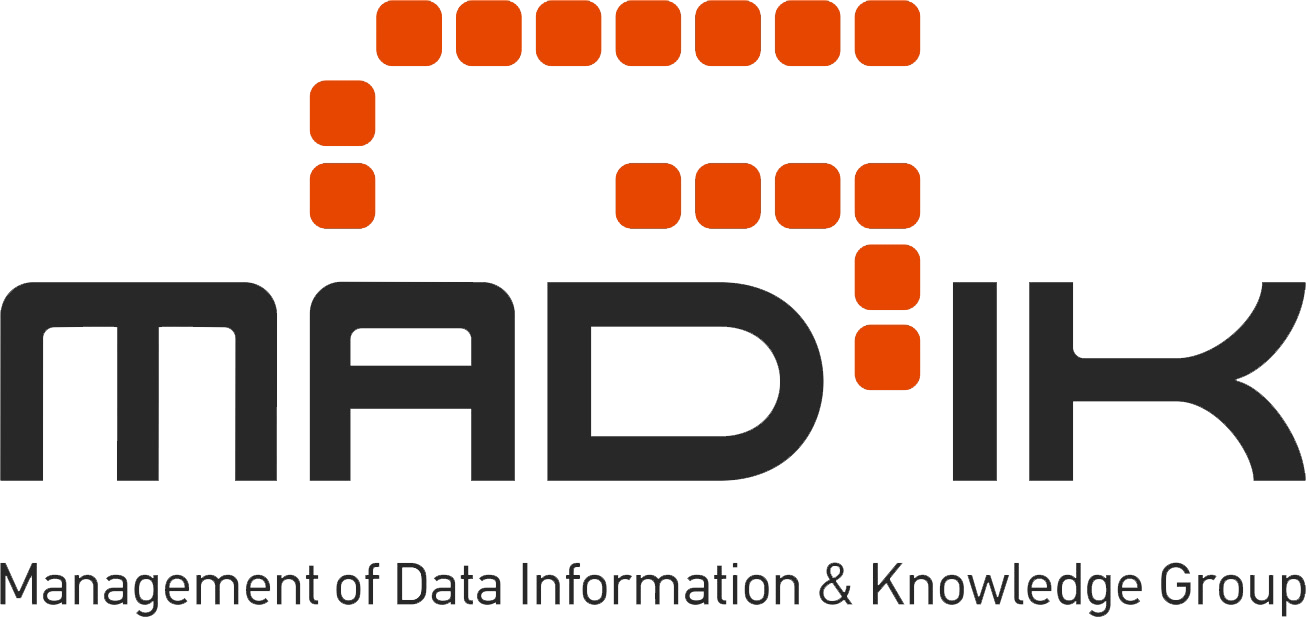Synthesizing Structured Text from Logical Database Subsets
In the classical database world, information access has been based on a paradigm that involves structured, schema-aware, queries and tabular answers. In the current environment, however, where information prevails in most activities of society, serving people, applications, and devices in dramatically increasing numbers, this paradigm has proved to be very limited. On the query side, much work has been done on moving towards keyword queries over structured data. In our previous work, we have touched the other side as well, and have proposed a paradigm that generates entire databases in response to keyword queries. In this paper, we continue in the same direction and propose synthesizing textual answers in response to queries of any kind over structured data. In particular, we study the transformation of a dynamically-generated logical database subset into a narrative through a customizable, extensible, and templatebased process. In doing so, we exploit the structured nature of database schemas and describe three generic translation modules for different formations in the schema, called unary, split, and join modules. We have implemented the proposed translation procedure into our own database front end and have performed several experiments evaluating the textual answers generated as several features and parameters of the system are varied. We have also conducted a set of experiments measuring the effectiveness of such answers on users. The overall results are very encouraging and indicate the promise that our approach has for several applications.






